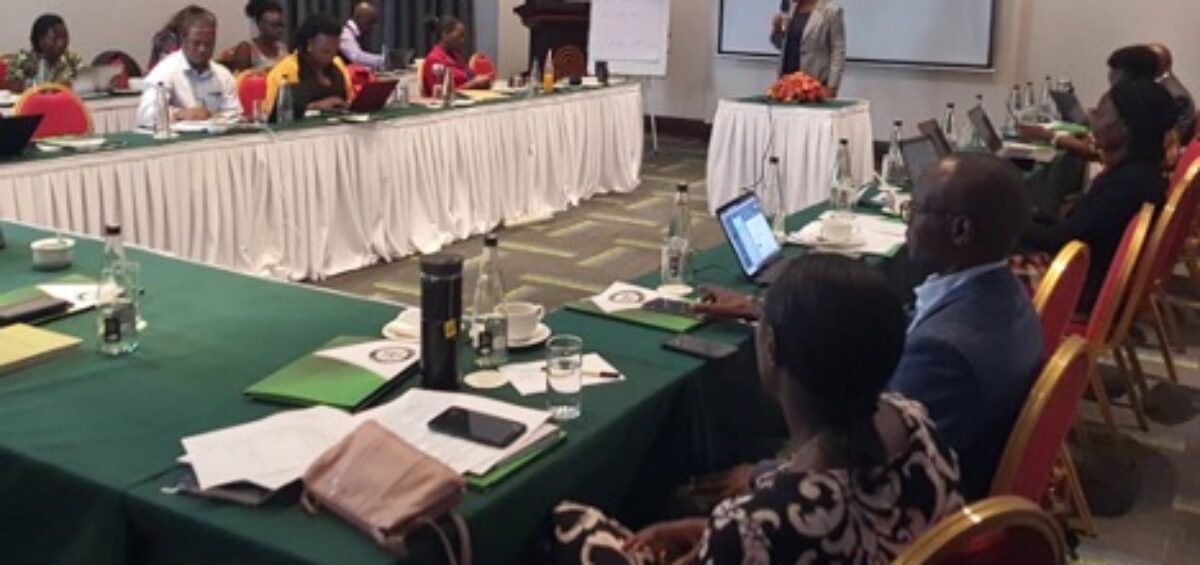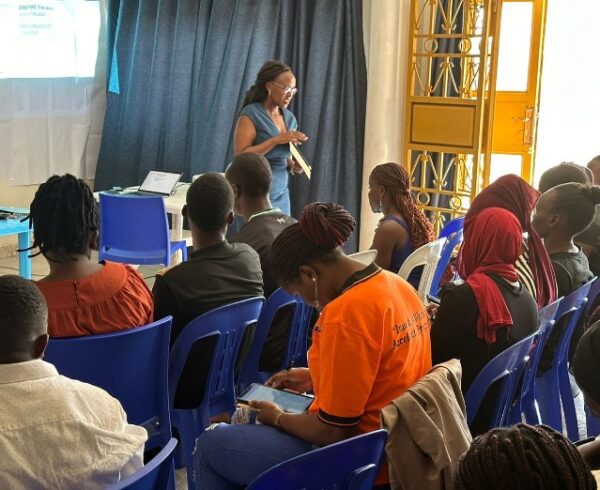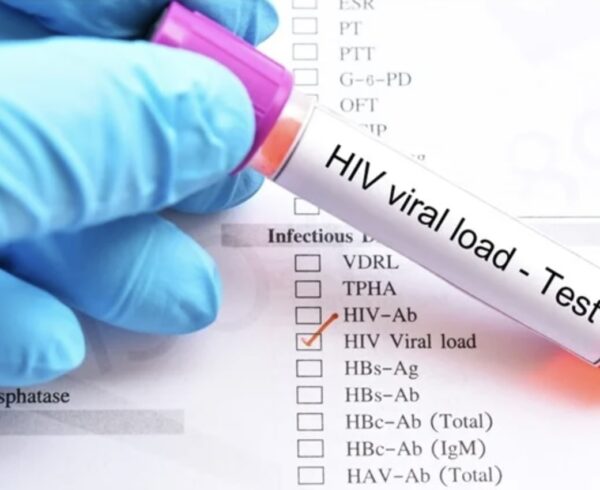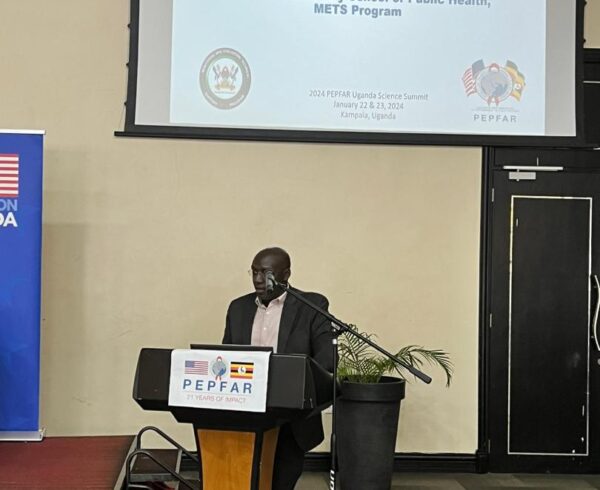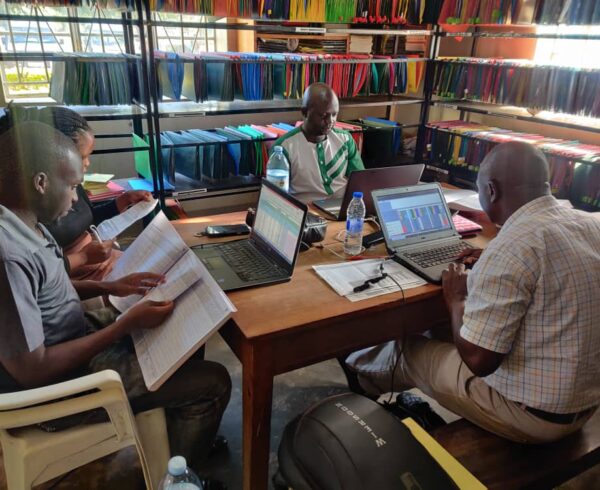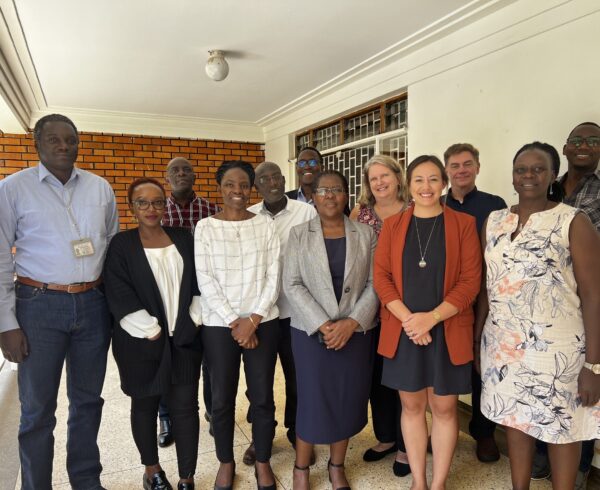Empowering Accountability and Impact: MakSPH-METS Initiates Evaluations for Positive Change
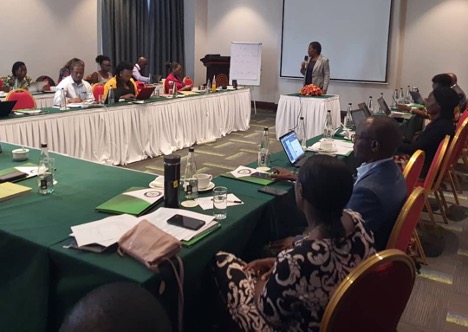
The US Centers for Disease Control and Prevention (CDC) established a Country Monitoring and Accountability System (CMAS) to identify country level challenges resulting from the rapid scale-up of public health programs. The CMAS recommends program evaluations for accountability of PEPFAR funds invested through CDC as a way of positively impacting the population. The program evaluations are guided by the Evaluation and Performance Monitoring Plans (EPMPs).
The respective program leads at MOH, CDC-Uganda, and METS embarked on a protocol development process during a 5- day writing retreat that was held at Serena Hotel Kigo, from August 8-12, 2023. The evaluations are scheduled to be implemented in October-December 2023. Makerere University School of Public Health-Monitoring and Evaluation Technical Support (MakSPH-METS) Program will support 5 program evaluations. These include:
1. Evaluation of the National PMTCT Group Antenatal & Postnatal Care (G-ANC/PNC) Differentiated Service Delivery Model (2021-2023). The study will evaluate acceptability, feasibility, and effectiveness of the Adolescent G-ANC/PNC model of care for pregnant and breastfeeding young mothers, and their infants at implementing sites nationally.
2. Evaluation of the Uptake and Outcomes of the Integrated Community-based HIV Service Delivery Model (ICSDM) in Uganda that aims to accelerate progress towards the UNAIDS 95-95-95 targets.
3. Prevalence and Outcomes of Non-Communicable Diseases (NCDs) including Hypertension, Diabetes mellitus, Obesity and Mental health disorders, among persons living with HIV (PLHIV) in Uganda. This assessment will determine the prevalence, predictors, and outcomes of NCDs among PLHIV and the health system’s capacity to offer NCDs services for PLHIV.
4. Outcome evaluation of the Young People and Adolescent Peer Support (YAPS) program in Uganda. The YAPS program aims to enhance HIV-related outcomes among adolescents and young individuals, including raising awareness on HIV testing, improving treatment coverage, achieving viral load suppression, bolstering psychosocial support, and linkage to livelihood programs.
5. Evaluation of the HIV Case Based Surveillance (CBS) pilot implementation in Uganda. The findings will guide program expansion.

